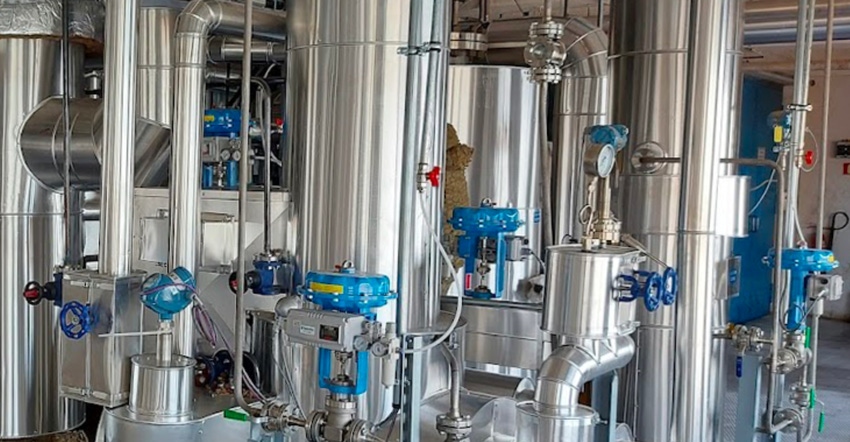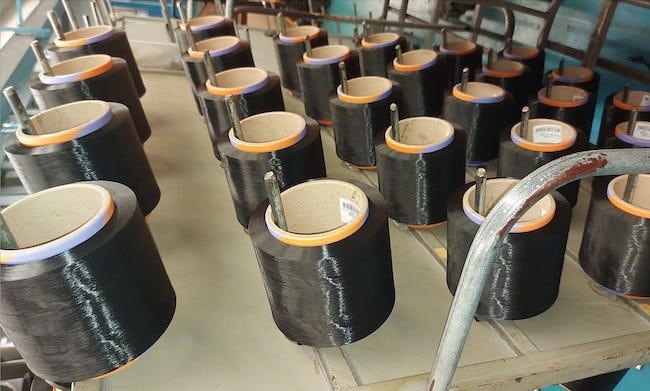Genomatica and Aquafil begin pre-commercial production in Europe of polyamide 6 based on renewable-derived building block caprolactam.
July 27, 2022

Sustainability spearhead Genomatica (Geno) and longtime partner Aquafil have completed the first demonstration-scale production runs for plant-based polyamide (PA) 6 at an Aquafil facility in Slovenia. The material is intended to reshape the $22 billion PA industry, enabling brands to meet demand from consumers for sustainable everyday materials from apparel to automotive parts to carpets.
Geno and Aquafil have produced the first several tons of plant-based nylon-6 building block caprolactam and converted it to PA 6 polymer. They are now in the process of transforming it for evaluation in PA applications such as yarns for textile and carpet and engineering plastics for automotive applications.
|
Geno and Aquafil produce first plant-based polyamide 6 textile yarn. |
The companies have been collaborating first to produce pilot-scale quantities of plant-based PA 6 and have now advanced to the production of pre-commercial quantities at demonstration scale, which will help determine the final design of future commercial plants. The material will go to leading global brands and their value chain partners who will develop renewable products, create showcase goods, and test feedback with customers.
“Now, more than ever, global brands are taking action to incorporate sustainable materials into their products,” said Christophe Schilling, Geno CEO. “We’re working to build purposeful, traceable, and transparent supply chains, in this case for PA 6, with the goal to provide more sustainable products that consumers demand and material solutions that can help brands achieve their ESG goals."
“The world needs every possible approach put into action to make supply chains sustainable, and bio-based PA is an essential piece of that,” said Giulio Bonazzi, Aquafil CEO. “Plant-based PA can perfectly complement our approach to depolymerizing PA products once they reach the end of their useful life. Together, we share a vision to lead the transition to more sustainable materials, which has driven our long-term collaboration.”
About the Author(s)
You May Also Like





